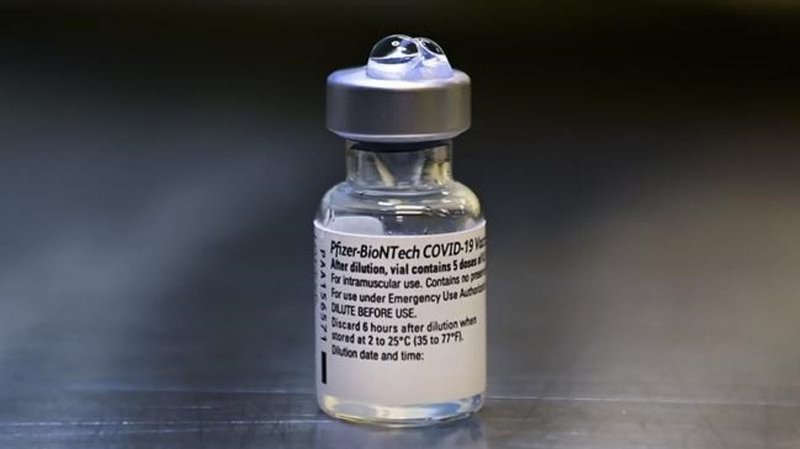
Delivering COVID-19 vaccine to B.C. First Nations by goal still possible: officials
VANCOUVER — The top doctor at British Columbia’s First Nations Health Authority says active cases of COVID-19 are down after a “significant spike” in early January, and delivering the vaccine to all Indigenous communities by the end of next month is still possible.
Acting chief medical officer Dr. Shannon McDonald says the number of active cases among First Nations people in B.C. as of Friday was 426, including 185 who live on reserves, after surpassing 1,000 last month.
McDonald says provincial officials have not reported any cases of faster-spreading variants of the virus in First Nations communities, though she could not confirm how many COVID-positive samples were being analyzed.
Katie Hughes, the health authority’s vice-president focused on public health, says just shy of 16,000 people in more than 90 First Nation communities have received COVID-19 vaccine so far, with doses expected soon in about a dozen more.


